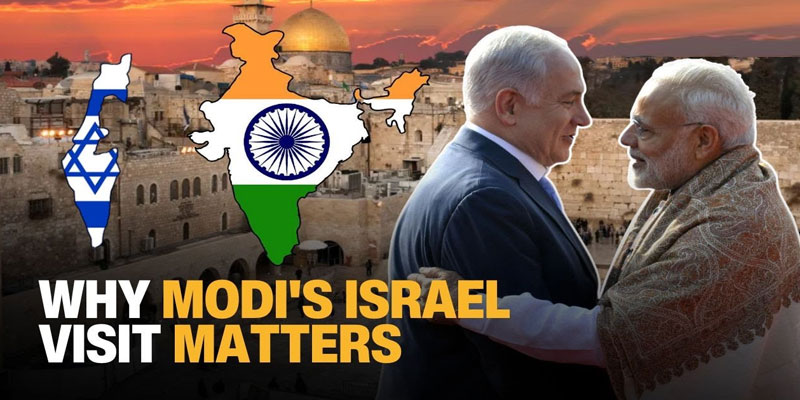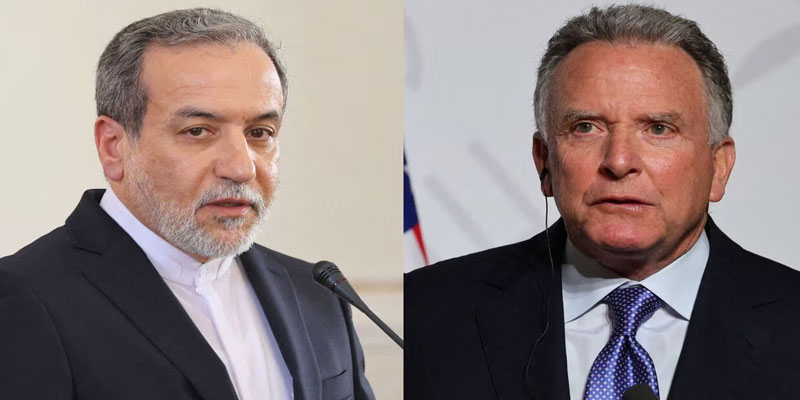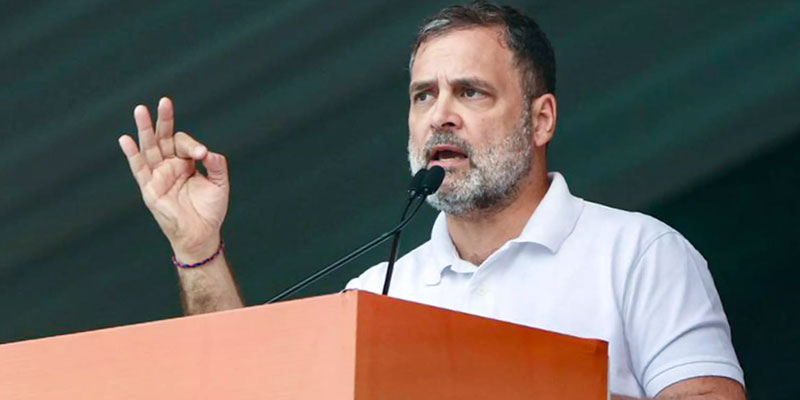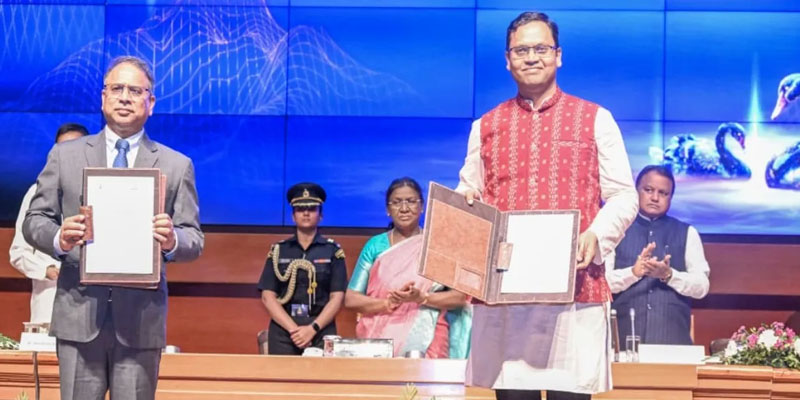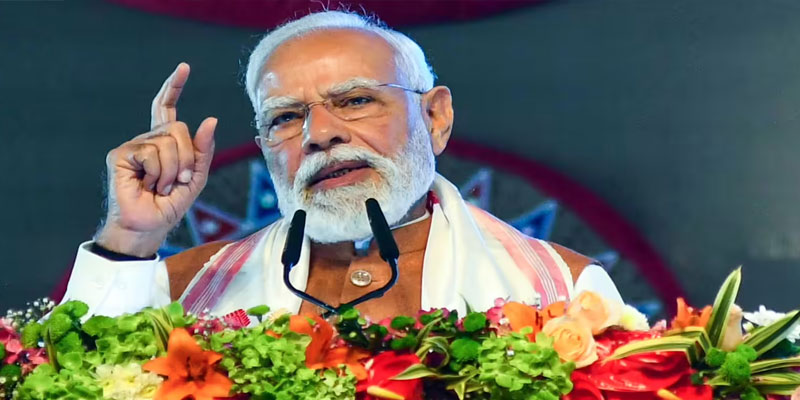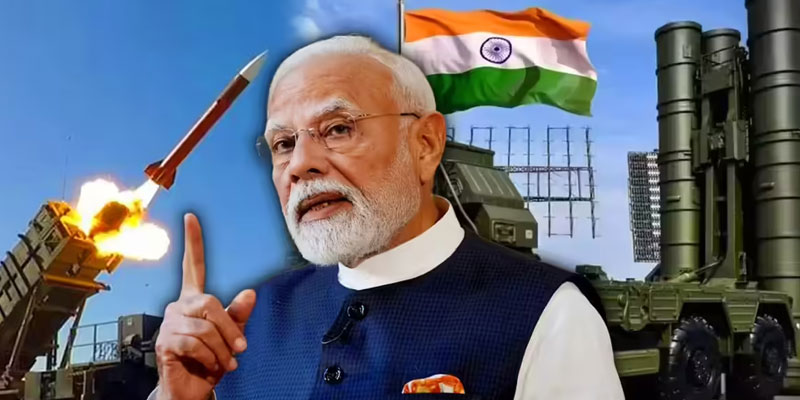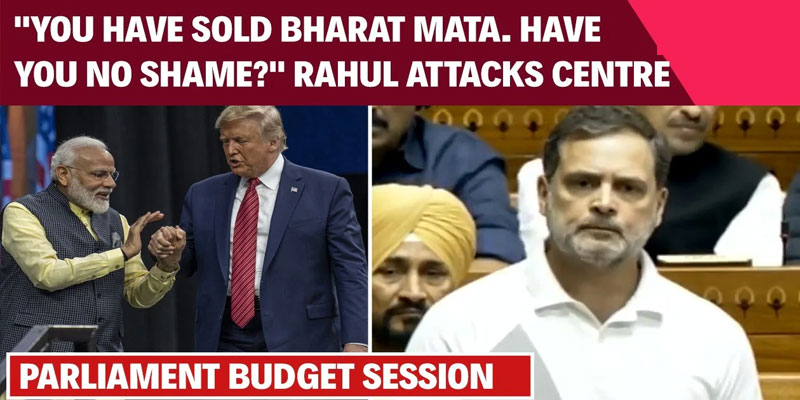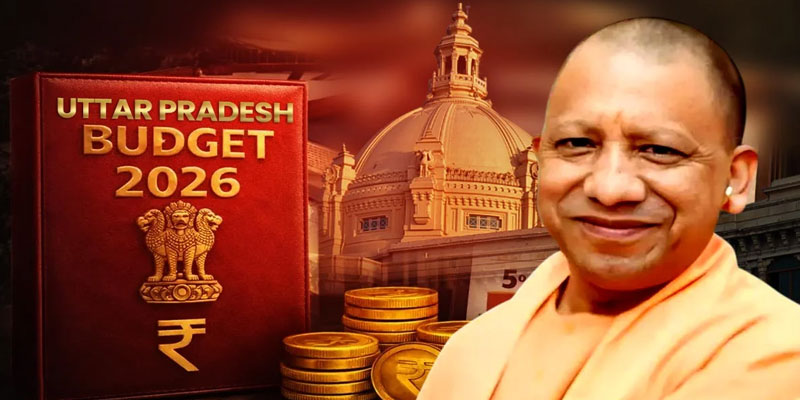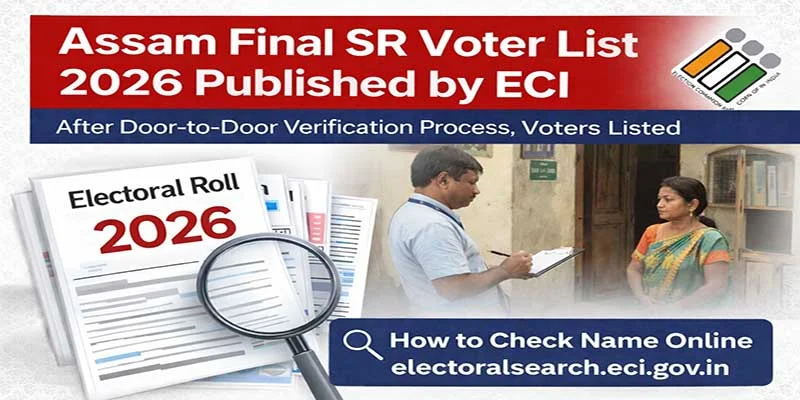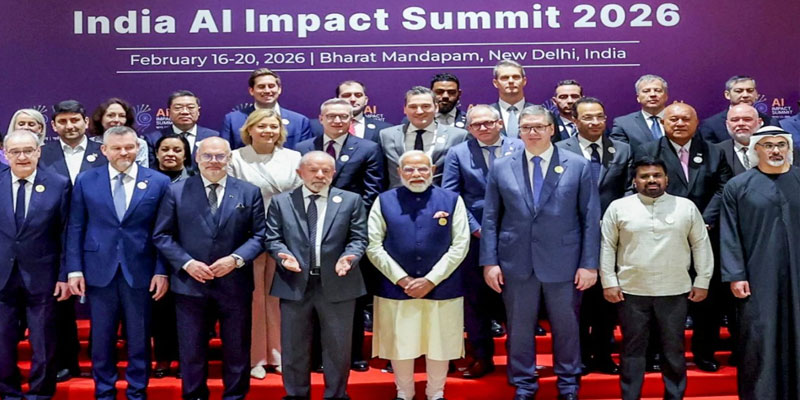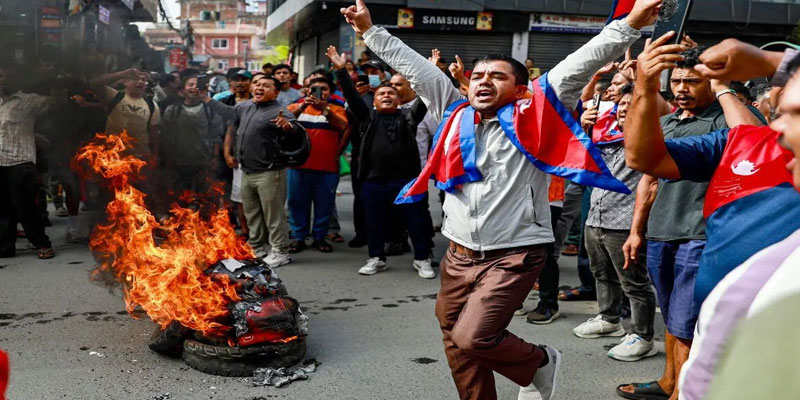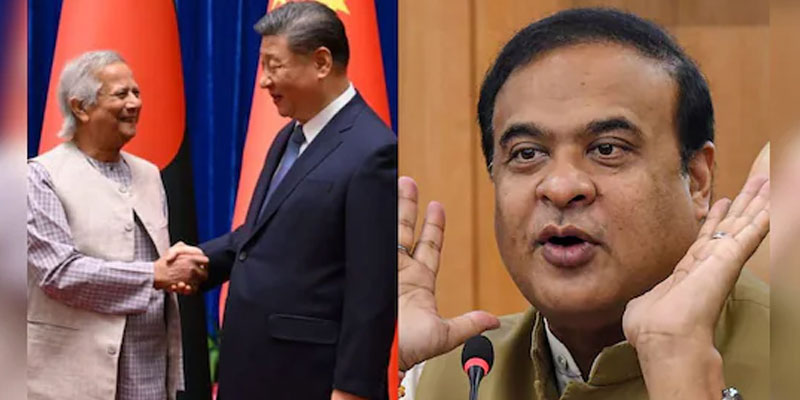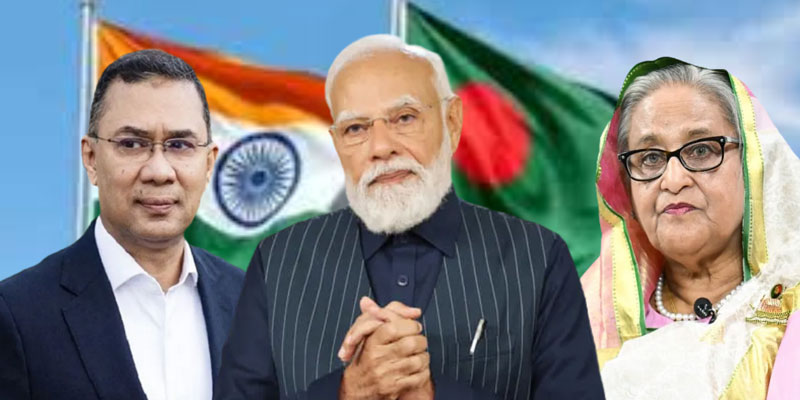Colombia Retracts Statement on Pakistan After India's Diplomatic Push: A Win for Global Anti-Terror Campaign
In a notable diplomatic turnaround, the Colombian government has withdrawn a controversial statement that expressed condolences to Pakistan in the aftermath of India's anti-terror military response under Operation Sindoor. The retraction came after India, through an all-party parliamentary delegation led by Congress MP Shashi Tharoor, expressed deep disappointment over Colombia’s initial message. This development marks a key success for India’s international outreach to isolate terrorism and expose Pakistan’s alleged role in harbouring extremist networks.
India’s Global Outreach to Counter Terror and Pakistan’s Narrative
India's recent diplomatic efforts have focused on a global campaign to build consensus against terrorism, particularly cross-border militancy believed to be originating from Pakistani soil. As part of this outreach, India has engaged multiple countries in the Americas to reinforce its stance on zero tolerance for terror, and to correct misperceptions propagated by Pakistan on the international stage.
This diplomatic push gained fresh urgency after the Pahalgam terror attack in Jammu and Kashmir, which killed several civilians and was linked to groups operating out of Pakistan. In retaliation, India launched Operation Sindoor, targeting terror infrastructure across the border. However, Colombia’s initial response—expressing condolences over Pakistani losses—was seen by Indian authorities as a troubling misjudgement of the situation.
Tharoor Voices Discontent, Colombia Responds
Leading the multi-party delegation, Shashi Tharoor openly criticized Colombia’s position at a press briefing in Bogota. He highlighted the crucial distinction between victims of terrorism and its perpetrators, stating:
“There is no equivalence between terrorists and innocent civilians. Our disappointment with Colombia’s earlier statement was precisely that—it seemed to blur this vital line.”
Tharoor's remarks were not without domestic controversy. Some voices within the Congress party questioned the optics of him representing India abroad during a time of sensitive domestic politics. However, many others, including strategic affairs experts, acknowledged the importance of bipartisan diplomacy on issues of national security.
The message hit home in Bogota. After meetings with Colombian MP Alejandro Toro and Vice Minister of Foreign Affairs Rosa Yolanda Villavicencio, the Colombian government formally retracted the earlier statement. The Vice Minister acknowledged that the initial communication may have lacked full context and expressed strong support for India's right to defend itself against terrorism.
A Diplomatic Win: Beyond Symbolism
Colombia’s swift reversal is more than symbolic. It sends a signal to other nations in Latin America and beyond that India is actively asserting its narrative—and expects global partners to stand unequivocally against terrorism. The decision reflects India's rising diplomatic influence and the effectiveness of its multi-pronged approach: combining military firmness with nuanced international engagement.
Tharoor later tweeted,
“I expressed India’s view of recent events and voiced disappointment at Colombia’s statement on May 8... The Minister assured me that the statement had been withdrawn and that our position was now properly understood and supported.”
India’s Narrative Gains Ground
The Colombian episode is a reminder that in today’s interconnected world, global perceptions matter in the fight against terrorism. India’s ability to correct course through diplomacy, even when initial reactions run contrary to its interests, underscores a growing maturity in foreign policy execution.
As India continues its diplomatic journey to Brazil and the U.S., the Colombian retraction stands as a testament to the value of engagement, clarity, and perseverance in shaping global discourse on terrorism. The message is clear: nations must choose sides—not between countries, but between peace and terror.
(With agency inputs)




